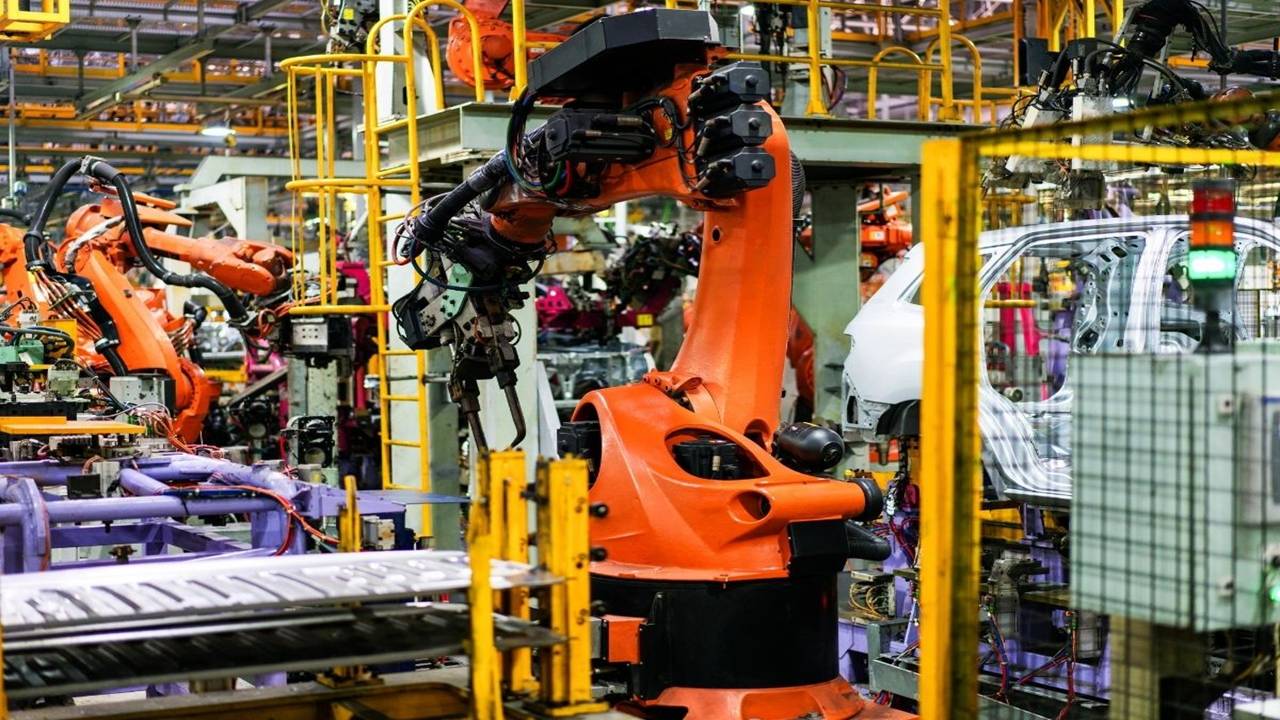by Peter A. Arthur-Smith, Leadership Solutions, Inc.®
“The biggest challenge is fighting an issue that’s plagued social media since its growth in prominence…The sense of security given by communicating with teams through a screen…It has emboldened team members to speak in screaming tones they otherwise might refrain from in face-to-face settings.” B.B., Tax Consultant at Deloitte, March 2021

This person went on to write: “This can be good and bad. Good because it allows more junior team members to feel more comfortable in speaking up about their ideas. Bad, however, because it has also allowed emotions to bubble-up during stressful periods, such as with deadlines, that you didn’t used to see…This can cause a ripple effect on employee morale.” A perspective like this was gleaned during this author’s request for people’s thoughts about his intended book synopsis.
Examples like this elicit two immediate perspectives:
- An enlightened leader (EL) would likely be sufficiently in touch with his/her stressed team members in advance of any team meetings and find helpful remedies for minimizing tensions: hence better overall teamwork.
- That same EL would also build consensus among team members on basic meeting principles and courtesies to encourage all-around team respect.
This is just one tangential consequence of automation. On the one hand, Zoom has facilitated comm-unication among dispersed teams during our pandemic, but on the other hand it has created a different ballgame when it comes to collaboration and teamwork. Screens of all shapes and sizes have encouraged remoteness and less human empathy…this lies at the heart of many of today’s societal divisions. Without some sort of mitigation, a more automated and impersonal work environment will evolve. Where will that lead us?
Taking this concern one step further, another commentator on this writer’s book synopsis declared that he had developed a game-changing clone XYZ product. It will store “your” wisdom-experience in a format that bots can navigate. They can then run as “sophisticated virtual agents” that can mimic “you” and how “you” solve problems. “XYZ can grow a scalable, accurate self-service and support for customers and colleagues around the clock.” “You” likely won’t be necessary any more. Does this ultimately make sense?
Will customers really prefer to work with a bot as opposed to “you”? Have you also put the phone receiver down when you’ve been offered an automated voice that leads you around in circles? Maybe over time, as automation reaches its ultimate destination, “your” customers will be quite happy with that? All in the name of cost reduction and eliminating people. What happens to our society when people are largely not required anymore?
It’s perfectly understandable with our more advanced technologies that we utilize them to reduce drudgery and more routine tasks from our work lives. Routine tasks often lead to boredom. When that occurs human productivity decreases; whereas with robots they will happily execute routine functions consistently and accurately 24/7. That’s certainly one of automation’s big advantages.
On the other hand, when the same technology entrepreneur states, “XYZ runs sophisticated virtual agents that can guide customers through solving complex real world problems”: he’s informing you that he doesn’t envisage much need for people going forward – once he has cloned their capabilities. Where’s the next generation of human capability going to come from, if you have cloned the current generation and made them redundant?
Quite apart from the fact that it often takes several hours of repetition to clone people’s behaviors and thinking, these are concerning human trends. What do we imagine will happen, if we put highly intelligent people “out to grass” because we have cloned their capabilities? As with the huge debate that took place after a sheep was cloned and talk of human cloning occurred, we also need a big debate around some universal, ground-level principles regarding workplace automation – just for the sake of mankind.
In the absence of that national or international debate; maybe enlightened leaders, who generally care about their people, should also have a sensible discussion about the balance of humans and machines within their own organizations. They should consider dividing up existing roles into their required routine and complex human activities. They can then determine what should be done to automate any routine practices and what human expertise is required to handle the more complex issues. Breakthrough teams can make tremendous strides with the latter.
So, on the one hand, it makes great sense to automate routines that humans may not be particularly interested in consistently fulfilling. On the other hand, the technology industry’s irresponsible desire to automate anything and everything, especially complex judgmental issues that lend themselves more toward the human domain, is just asking for trouble. It may also be divining the end of mankind as we know it!
